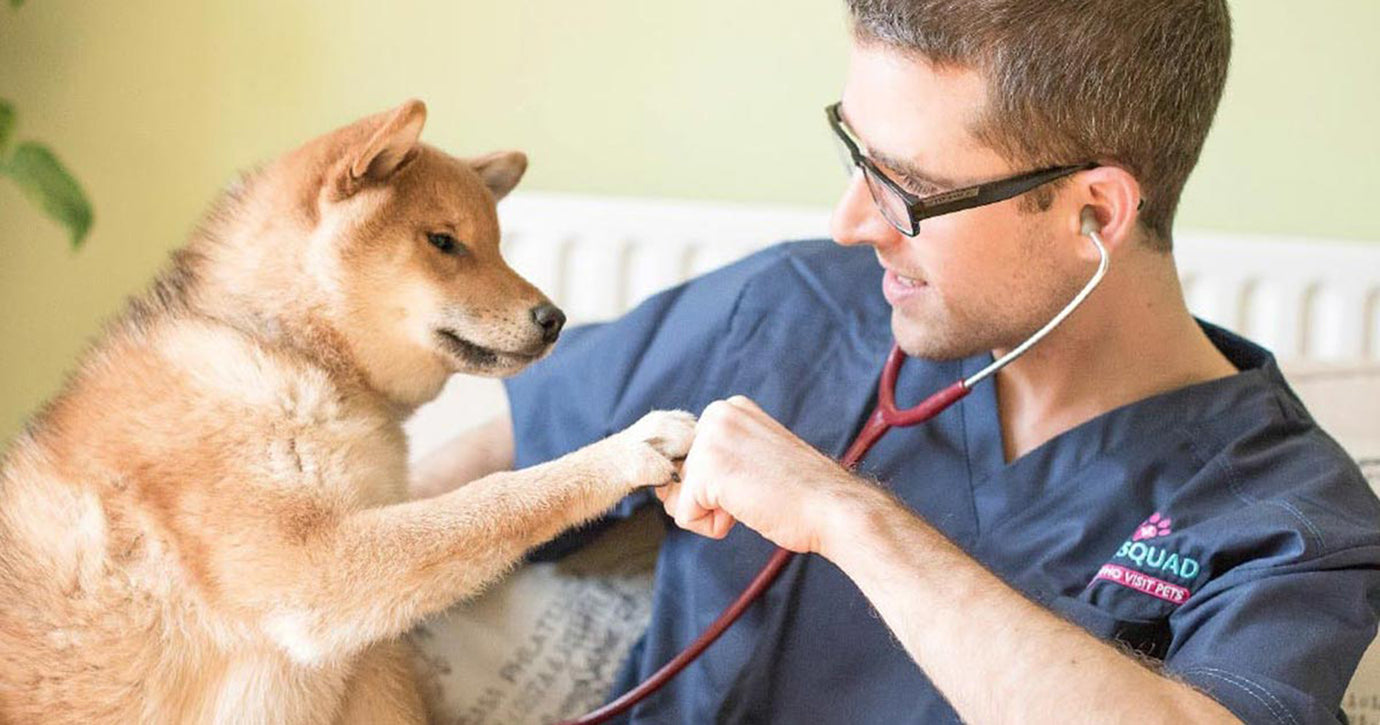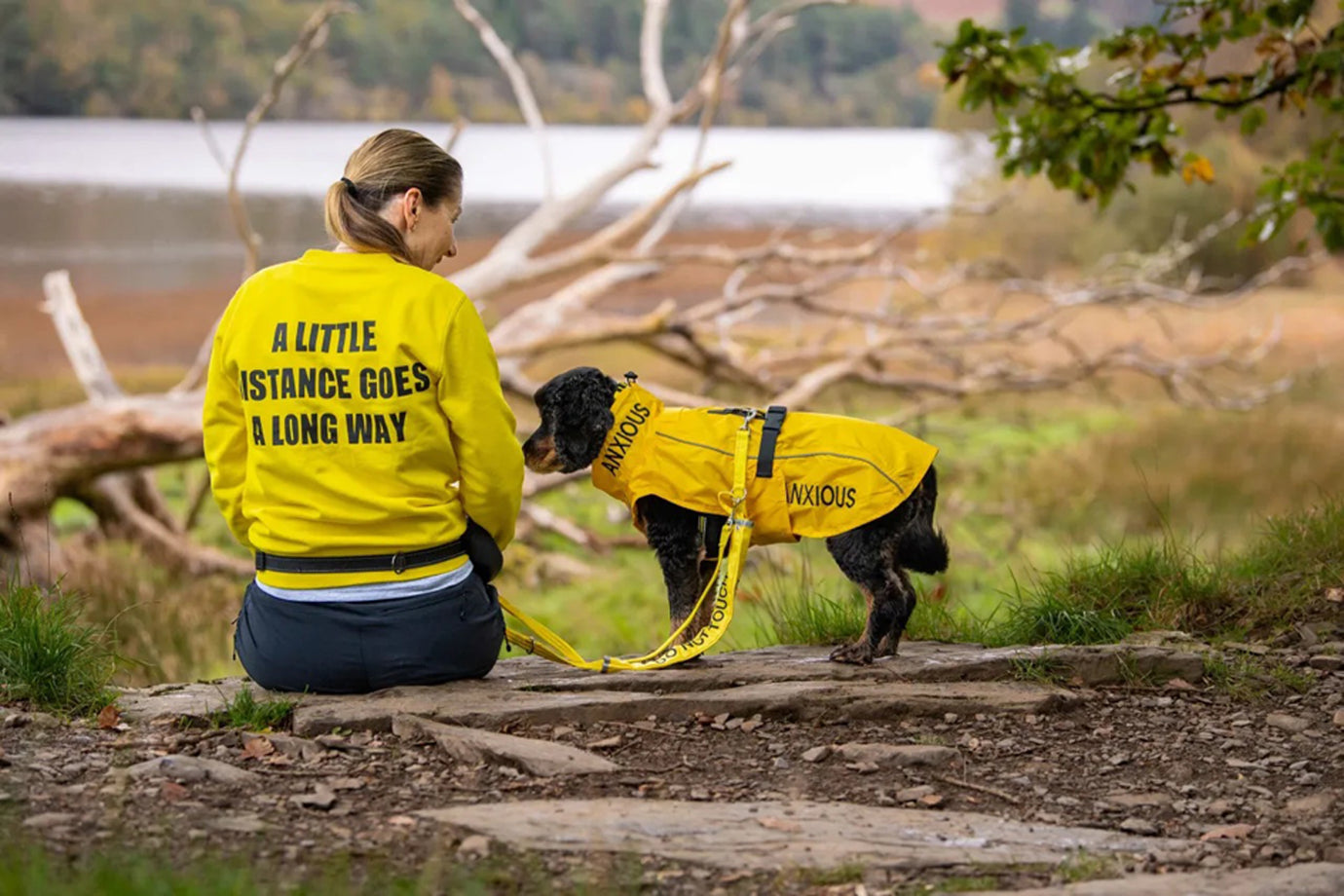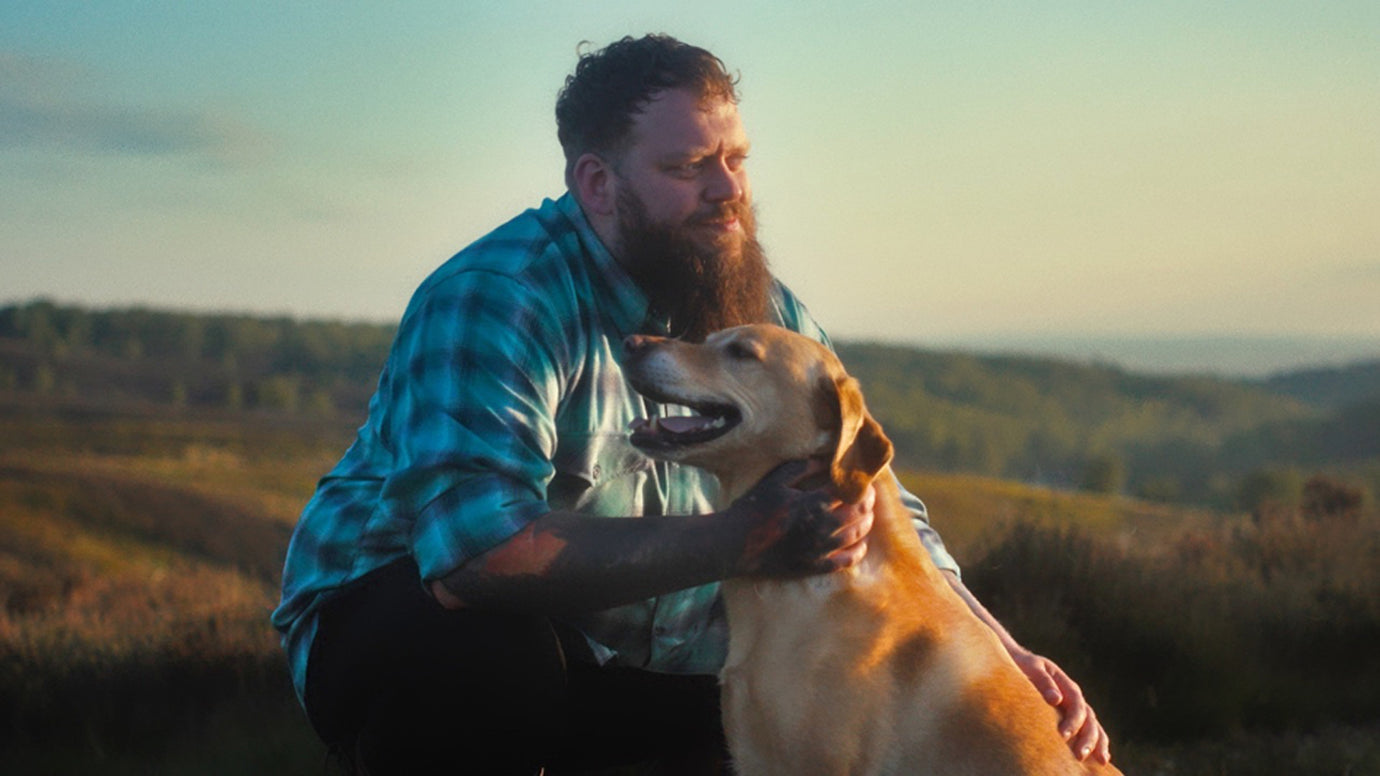Snip snip! The benefits and advice of neutering or spaying your pet

Neutering may not be the first concern when you get a new cat or dog, and yet it is something we should all be taking into consideration. If you acquire your pet from a rescue centre then it will almost certainly be neutered already and if it isn’t then there will be a very good reason as to why not.
However if you acquire a pet from a breeder then it will not be neutered because many prospective owners want to show their pets or breed off them one day, which would be ruled out if the animal was already neutered. Whether you are getting an un-spayed pet from a rescue centre, a breeder or a former owner it is essential to seriously consider having it spayed. So why do rescue centres neuter cats and dogs and why should you as an owner? Well there are various benefits to neutering, some of which are listed as follows…
For more intriguing stories about pets and their impact, read about the pet parrot that helped convict a wife by repeating the last words
Combat overpopulation of pets
The over-population of dogs and cats is clear to see when you look on the various pet rescue websites such as the RSPCA, dogs trust and indeed our own Pets4homes.
There are thousands upon thousands of unwanted animals needing homes, and that isn’t including the puppies and kittens up for sale from breeders. The reason for this is solely down to irresponsible pet ownership, where people buy animals without considering the life-long responsibility it entails.
In addition to this, even the most attentive of owners can be caught out by unexpected pregnancies, particularly with cats. If your cat is un-neutered and allowed out to wander it will undoubtedly come home one day either pregnant or having impregnated another cat.
If you own a tom-cat then you will probably never know how many kittens he has fathered! It is completely unfair to keep your pet under lock and key, and so the right thing to do is have the cat neutered at the soonest possible opportunity.
The problem of unexpected pregnancies in dogs is smaller because dogs are not usually able to wander on their own, however there is always the possibility of it occurring on a walk. If you do find yourself with a pregnant animal you will then have to shell out money for vets bills and have to find the puppies or kittens loving homes.
Health benefits
There are also various health benefits associated with neutering, including a huge reduction in the chance of both female dogs and cats developing breast cancer or urine infections, and for males it eliminates the chance of testicular cancer.
Discover more about pet health and wellness on our Discover page, where we explore a range of topics related to pet care.
Reduction in unwanted behaviour
Spaying has been shown to reduce or eliminate certain unpleasant behaviours in dogs and cats. Male animals often suffer from frustration and aggression brought on by the hormones and instincts related to breeding. A neutered male will normally stop behaviour such as humping, marking territory and even biting. An advantage for female animals is that their heat
cycles will stop which means no mess to clean up or having to avoid male dogs through the duration. Having cats neutered has also been proven to reduce straying in search of a mate.
Risks and costs involved
As with any operation there are certain risks involved, which can be a huge concern for some pet owners. It is understandable that you will be worried about your pet and reluctant to risk their life for something that you may not believe is necessary. However taking the decision to have your pet neutered the right one, however hard. Neutering is a daily procedure carried out by vets and therefore one of the safest. It is very rare for complications to arise from surgery, and only usually happens if
the animal is old or suffering from a pre-existing condition. The cost of neutering will vary with the vet you choose and the size and type of the animal. The price varies between £40 and £100. If you feel that this is too far for you to stretch then it is worth ringing round local animal charities and rescue centres who sometimes offer reduced rates.
How old is too old?
The risks associated with surgery increase with age, although if your animal is elderly then there is a greatly reduced risk of it breeding anyway. Age is not a factor to be concerned about below six years and if your pet is older than that then have a discussion with your vet. The ideal time to neuter a puppy or kitten is between four and six months old. If you think your pet is still old enough to conceive then you need to discuss neutering with your vet. The vet will only suggest neutering if it is safe and he believes that the benefits will out-weigh the risks. By having your pet neutered you will be making the best decision for the world as a whole and helping to combat the problem of pet-overpopulation in this country.
Can neutering your male dog reduce their anxiety levels?
Unless you own a good quality and in-demand pedigree dog that you intend to breed from or put to stud, neutering should be a standard responsibility of pet ownership, and there is no good reason to avoid neutering otherwise unless your vet advises against it for a good reason.
However, even if you have deliberately planned to keep your dog intact, there may come a stage further down the line when neutering becomes a good option, such as if your dog’s breeding career is over or you have decided for whatever reason not to keep them intact for breeding.
Even if you really do want to use your male dog for breeding, in some situations you might need to accept that this is not in the best interests of the dog or their puppy-such as if your dog is found to have a congenital health condition, behavioural problem, or is hard to manage.
Neutering your male dog has a range of positive impacts upon both their lifelong health and wellness and sometimes, behaviour and temperament too-and it can in fact greatly help to reduce canine anxiety.
If your intact male dog is very highly strung and tends to be sensitive and anxious about things, they may not be the best choice for breeding, even if their appearance and breed credentials are second to none. In this instance, neutering them may be the right solution, because this can help to calm them down and help greatly with anxiety, which is inextricably linked to hormone levels in intact dogs.
Situational anxiety
If your dog’s living situation, care and environment are unsettled, sub-par or otherwise inappropriate, the chances are that the dog in question will be anxious and fretful, and this is true for both male and female dogs regardless of their neutering status. Neutering will not fix any of these problems, and in such cases, the necessary changes must come from the dog’s management, routine and lifestyle-but for dogs that tend to be anxious in general regardless of their living situation and care, neutering can help a lot.
Anxiety in intact male dogs
The behaviour and temperament of an intact male dog differs from that of a neutered male in a wide variety of ways. Unneutered males are strongly driven by their hormones and testosterone levels, which are in turn amplified by being within scenting range of a bitch in season, and the behaviours, temperament and personality of an intact male dog are all strongly tied to their reproductive urges.
Intact males are more likely to be dominant, roam or wander off, display inappropriate sexual behaviour and be more easily distracted than neutered males, and they are also more likely to see other male dogs, usually other intact males, as a challenge, which can lead to fighting.
All of these things can lead to anxiety for the dog in question, and additionally, the more dominant nature of an entire male can make it hard in some cases for them to establish themselves in a secondary pack position below their human handlers.
Feeling like the alpha is not just about power, but also responsibility-so if your male dog thinks they are the head of the household and so, responsible for the care and protection of the rest of their family, this can generate a lot of anxiety in itself, which can lead to behavioural problems.
How neutering can reduce male dog anxiety
Neutering a dog at any age can help to reduce their anxiety, as their drive to breed and all of the other factors that are prominent in the life of the intact male – such as defending, seeking a mate, and guarding their pack – will reduce exponentially.
Peaking reproductive hormones in the intact male triggers an irresistible desire to find a mate and breed with them, and if your dog is unable to do this (and generally, this is the case due to planned breeding and responsible dog ownership) they will become very anxious and unsettled.
Neutering will also help to greatly reduce the dog’s territorial urge to defend their home and family from other dogs and people, although for certain guarding breeds like the Rottweiler, the urge will still remain, regardless of sex and neutering status, because some dog breeds are simply natural guard dogs.
The drop in testosterone production brought about by neutering too will help to moderate many different elements of your male dog’s behaviour, including a dominant streak and overly pushy and even aggressive behaviour.
t is important to note that neutering the dog does not change who they are, or take away part of their personality – but it does help them to become less prone to suffering from the vagaries of their hormone levels and the effect that other dogs have on them.
Additionally, neutering is not in itself a miracle solution, and will not necessarily stop behaviours that have become habit, or that are inherent in the dog and their breed-but it can make the life of both the dog, and the people that care for them, easier and more stable.
What to expect the first night after a spay or neuter
Unless veterinarians have twenty four-hour care at their facility, most veterinarians prefer to send pets home for direct observation by their people. Here’s what you need to know:
- Pay close attention to veterinary recommendations when you pick up your dog after surgery. Take notes or ask for written instructions, and make sure you observe the incision so you know what the staff considers normal.
- Owners should plan on staying with their pet overnight. This is not the night to go out for dinner or plan to attend a concert.
- Vomiting, extreme lethargy (beyond what your veterinarian explained you should expect to see), and signs of internal bleeding (see below) are the most immediate issues.
- Don’t worry if he or she skips that evening’s meal or fails to drink as much water as usual. A small meal is typically recommended anyway.
- Pain can be difficult to assess, but shaking, drooling, and hiding may be cause for concern. Dogs rarely whine or otherwise vocalise when they’re in pain.
- Keep an eye out for bleeding or excessive weeping from the incision site. A small amount may be expected, but little beyond that. An unusually-distended abdomen or pale mucous membranes are also cause for immediate concern, as this may be evidence of internal bleeding (uncommon but possible).
- Call your veterinarian’s professional answering service or the ER if you have any doubts. You may be asked to assess his or her gum colour.
Ensure your pet's nutritional needs are met with our selection of quality pet foods, essential for their overall well-being.
How best to monitor the spay and neuter surgery incision
Keeping tabs on the incision is important to ensure it’s not getting infected. Dog spay/neuter infection symptoms include:
- Redness around the incision site
- Discharge from the incision, particularly if it’s not clear and thin
- A foul smell emanating from the incision
- Opening of the incision where the brightly-coloured subcutaneous tissues are exposed (called dehiscence)
- Swelling of the incision, particularly if it’s bulging
Preventing self-trauma after spaying and neutering
The most common complications to expect after neutering or spaying are related to self-trauma, when pets inflict damage with their tongues or potentially with their paws. Infection or dehiscence of the incision are typical consequences. Here are a few strategies to help avoid these complications:
- Keep that cone on!
- Keep a close eye on your dog if you remove the recovery collar for eating or walking. Replace the collar immediately should you notice that they attempt to lick the incision.
- Watch out for rubbing of the incision on the floor or other surfaces.
- If the cone doesn’t seem to do the trick, try another kind of cone. Investing in a ComfyCone, a padded collar/cone may be in order. Most large pet retail outlets offer alternative collars like this one.
Spay/neuter recovery time
Recovery time varies and tends to depend more on size and age than anything else. Here are some general guidelines for dogs:
- A spay is an abdominal procedure that’s far more complicated than a neuter. As such, boys recover more quickly than girls. Some neutered males may not even act as if anything ever changed.
- In general, larger, older dogs experience a longer recovery period. For these, it often takes two to three days for dogs to return to their normal selves after a spay and one to two for a neuter.
- Dogs over three years of age may take a day or two longer to recover.
- In many instances, older dogs (over six) can take up to a week to feel completely better after a spay or neuter surgery.
- In general, smaller dogs recover more quickly. The incisions are smaller, and so is the internal anatomy affected, hence less discomfort. The risk of bleeding after surgery is also lower among smaller dogs.
Behaviour and other long-term changes after spaying and neutering
While a dog’s fundamental personality will not change after a spay or neuter surgery, there are some changes you might observe, including:
- Behavioural changes are more pronounced among neutered males. They’re less likely to hump people, other dogs, and inanimate objects (though many persist).
- Males tend to wander and urine mark less, and aggression may be diminished in dogs who previously were.
- Females rarely experience behaviour changes, though many will take on a lazier disposition.
- Activity levels may be reduced in both males and females after spaying and neutering, but this is by no means certain in all dogs.
- It’s important to note that males may still engage in full testosterone male behaviours while their male sex hormone levels diminish after surgery. This can take up to six weeks. It’s crucial for owners to know that they can still get females pregnant.
- Appetite may increase after spaying and neutering, and so can their weight. Owners should be counselled to expect this change and adjust feeding amounts accordingly.
These lists are by no means exhaustive. Ask your veterinarian if you have specific concerns.
(Article source: Various)





